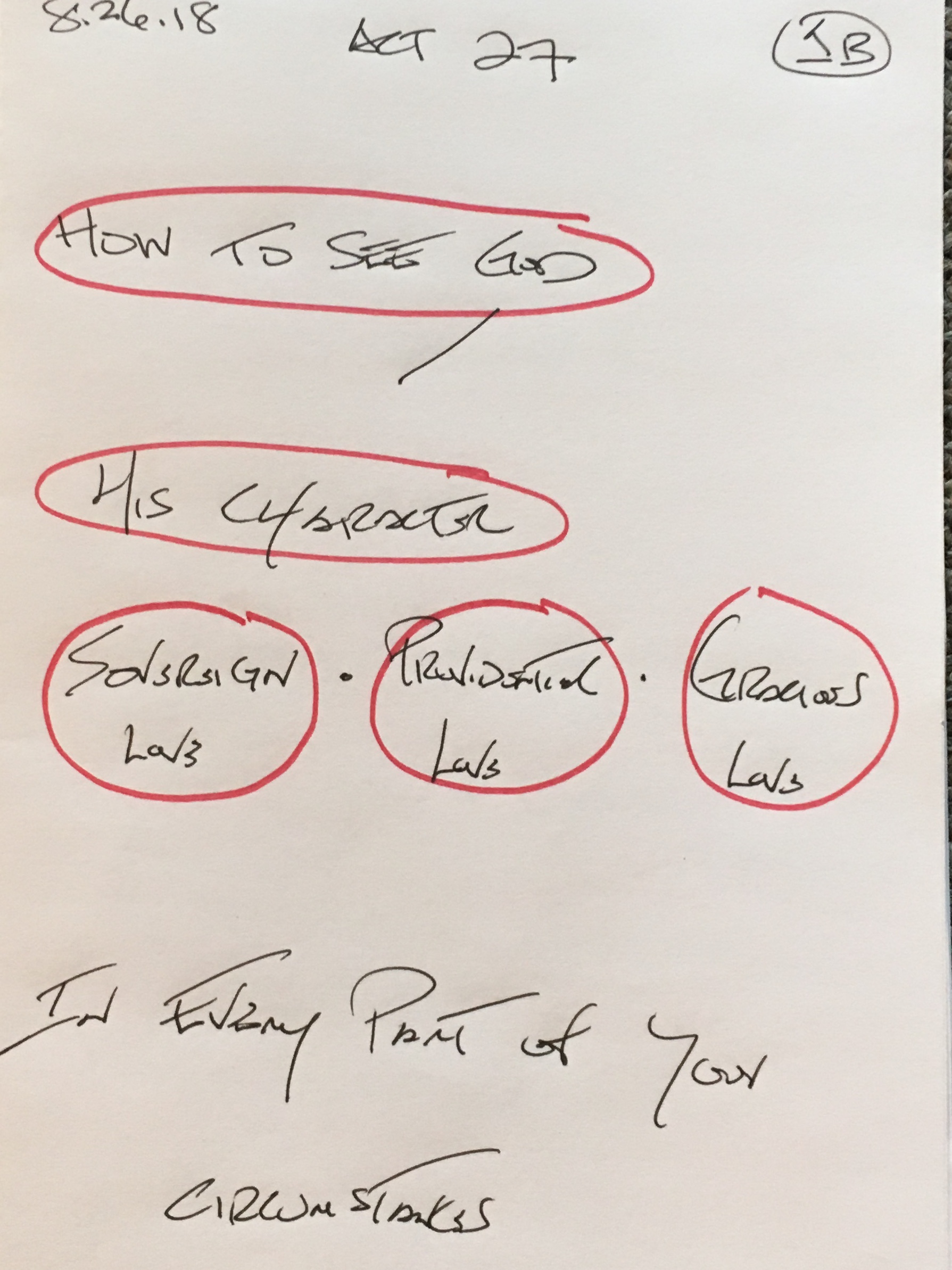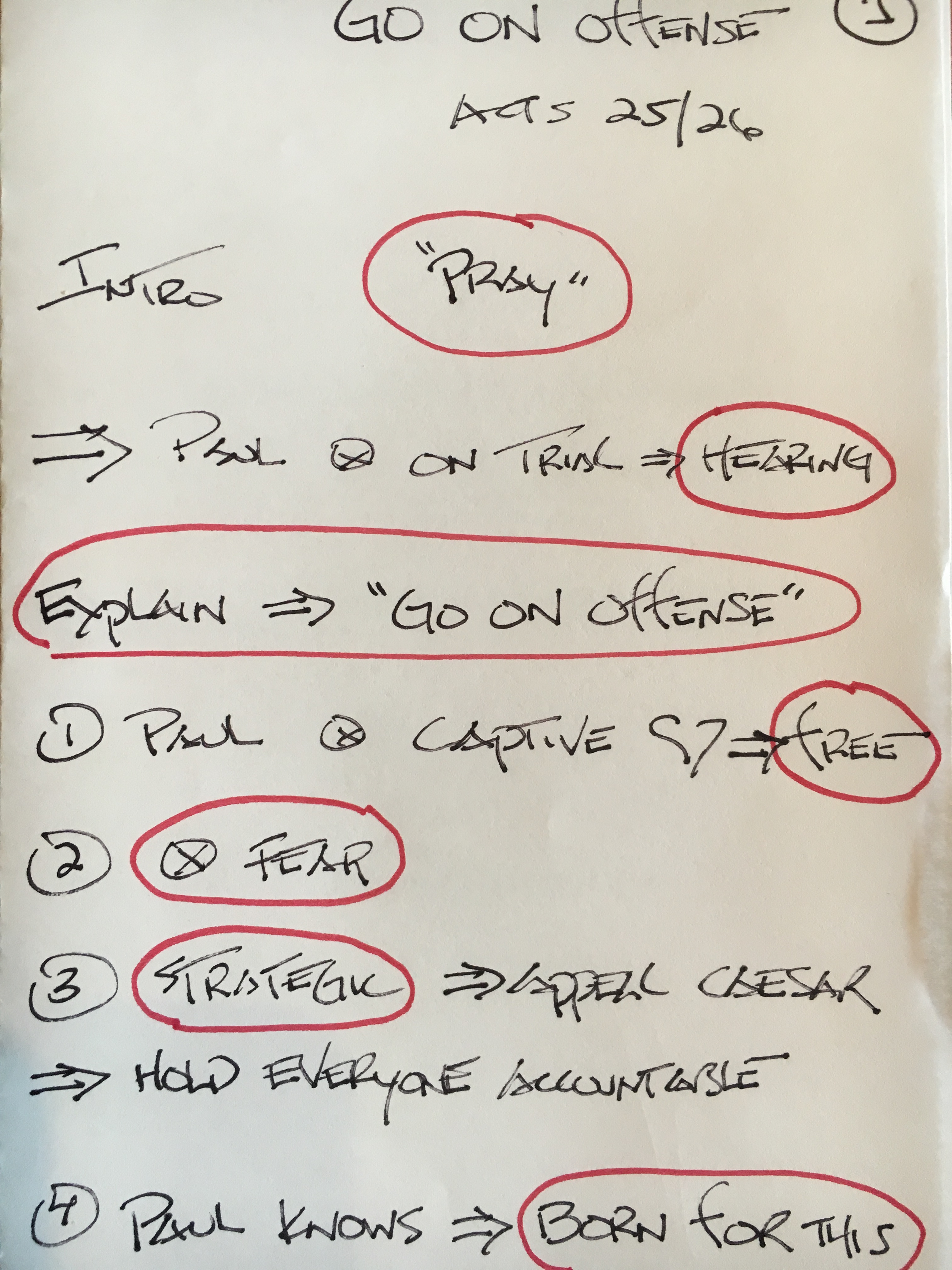Tell someone about Jesus, that is how God designed things.
God wants humans to tell other humans about Him, and he promises to visit those conversations.
It should be said, you and I would set it up differently, perhaps in a more sensational manner, but God chose to receive glory by his children living and sharing His love.
v.13-15
Lydia was arguably the least likely person to get saved.
She was wealthy, powerful, owned a large home, and accomplished all that in an era when women had few rights. Not to mention Lydia was religious, Paul meets her down by the river at a Jewish prayer meeting. On the outside, Lydia had no needs, but on the inside she was desperate for God.
People like Lydia need clarity on Jesus.
Clarity on Jesus’ resurrection, messiahship, deity, and second coming, just to name a few.
v.16-24
Paul encountered a demonized girl who spent a few days annoying the Apostle. She constantly shouts, “these men are servants of the Most High God.” After awhile he could not take it any more, losing patience, Paul commanded the demon to come out of her, and it did.
People who are demonized can be delivered in Jesus name.
The demonized girl made money for her handlers through fortune telling, they now miss the demon and their fortune telling business.
Paul cast the demon out of the girl through simple means. All Paul did was command the demon to leave in Jesus name, take note that his pronouncement was two sentences if that.
v.25-40
The ministry is accused of being against Rome, and the crowd is stirred up, resulting in Paul and Silas being beaten with rods. Without trial they are placed in prison, with their feet bound to some stocks. At midnight the two missionaries sing praises to God, and the text comments on how everyone was listening.
An earthquake frees the prisoners, and in a moment, the jailer seeks to take his life, but Paul pleads with him, bringing to his attention that all the prisoners are still there. The jailer asks what he must do to be saved, and upon hearing the jailer gives his life to Jesus.
People like the jailer just need Jesus, often without explanation.
The jailer quickly turned and washed the wounds of Paul and Silas, a tender scene for sure.
The next day the rulers legally free Paul, but the Apostle pushes back, stating that those rulers must come down and apologize because they were freemen, Roman citizens, and beaten without cause—all of which is true.
Those rulers do in fact come down and apologize, and Paul makes his way back to Lydia’s house, and then leaves the city.





